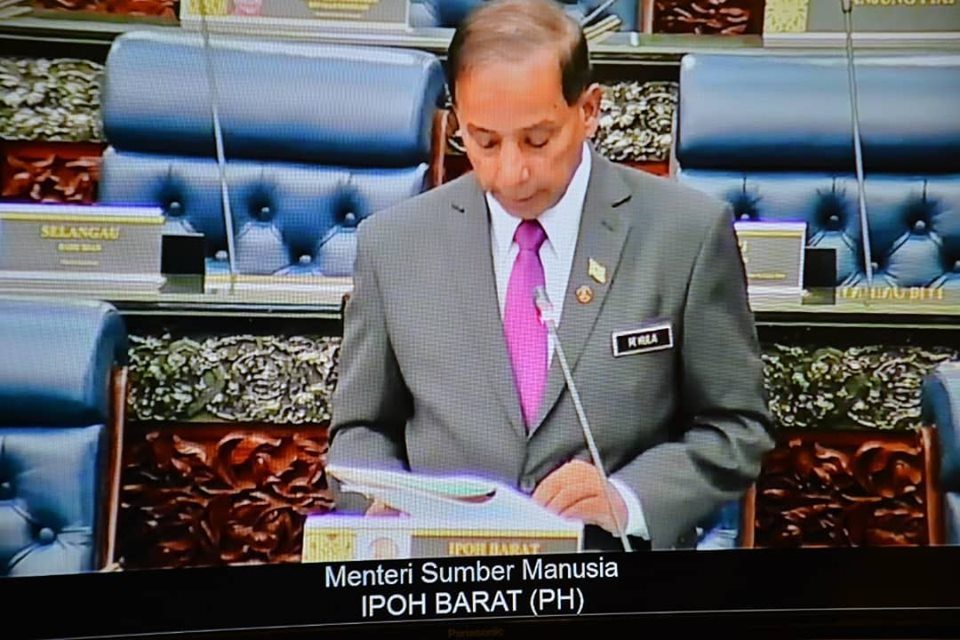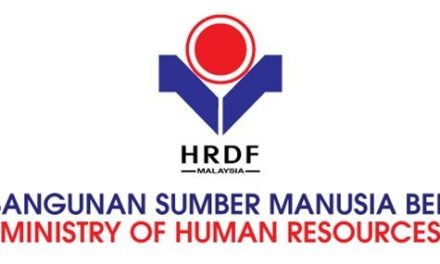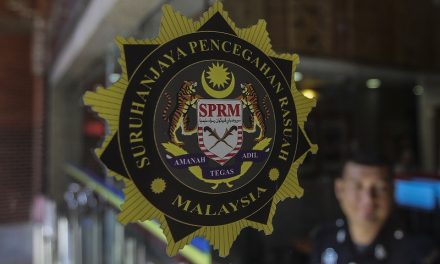PETALING JAYA | The human resources ministry today denied claims by the nation’s largest labour movement and employers’ group that they were not consulted over the labour law amendments approved by the Dewan Rakyat recently.
It said the claims by the Malaysian Trades Union Congress (MTUC) and the Malaysian Employers’ Federation (MEF) that the amendments were “rushed” through the Lower House were “baffling”.
There have been calls to amend the Employment Act 1955 for some time now, and after initially posting the proposed amendments for public engagement on the website of the Ministry of Human Resources, the government is now taking steps to table the proposed amendments to this legislation in Parliament. One of the many proposals is to increase maternity leave and to introduce paternity leave. But that is not the only proposal. Suffice to say, the proposed amendments, if passed in Parliament, potentially could revolutionize the employment landscape of Malaysia. Additionally, we finally have clarity on the changes that the government has made to the Industrial Relations Act, as the Industrial Relations (Amendment) Act 2019 was passed on 9 October 2019. One of the key changes is the seemingly automatic referral of matters to the Industrial Court (no discretion involved)- this may potentially result in the floodgates of industrial litigation being opened as all unsettled complaints of unfair dismissal, regardless of merits, will end up in the Industrial Court. Employers are rightfully concerned that the amendments do nothing to prevent frivolous complaints from being filed.On top of that, with Budget 2020 having just been announced, what are the employment and HR issues to look out for come year 2020 & 2021 respectively specifically on the New Minimum Wage, Extended Maternity Leave and the Increased Scope of the Employment Act 1955?This public program will address these concerns, the proposed amendments to the Employment Act, and the key changes made by the amending Act.Download our official eFlyers here:1) Updates on the amendments to the IRA 1967 and Proposed Amendments to the EA 1955: The Present vs The FutureLink: https://drive.google.com/open?id=1KtzkTjumUzalbf8BHlU6GhYnnux4AJ6X2) Implications of Employment Laws changes to HR and PayrollLink: https://drive.google.com/open?id=1f6zdGaLaKBHHrYw6VOSz_aeYsx9P0ljr
Posted by MyFreelys Academy on Wednesday, 16 October 2019
It dared the two groups to “tell all Malaysians which provisions of the bill (Industrial Relations (Amendment) Bill 2019) you agree or disagree with and why”.
The ministry pointed out that it did not need the “endorsement” of the groups, adding that it had held nine meetings with them under the National Labour Advisory Council (NLAC) this year alone to discuss various issues, including amendments to labour legislations.
MTUC and MEF representatives were present at all nine meetings, it said in a statement in response to the groups’ call to the Dewan Negara to reject the amendments.
It said officials from the ministry, the Department of Industrial Relations and Department of Trade Unions had also taken part in dialogues organised by MTUC to explain and obtain feedback on the proposed amendments to the Industrial Relations Act 1967 (Act 177) and the Trade Unions Act 1959.
The ministry said the International Labour Organisation Convention 144 on Tripartite Consultation (International Labour Standards) 1976, which Malaysia had ratified in 2002, “expresses consultations and not endorsement” as claimed by MTUC and MEF.
“The key word is consultation and nowhere is it stated that we should get endorsement of both tripartite partners.
“Over the years, the ministry has gone the extra mile to engage and consult with not only MEF and MTUC, but also with many other stakeholders, including non-governmental organisations,” it said.
It said the amendments had received support from many stakeholders, NGOs and activists, including the president of the Union Network International-Malaysia Labour Centre (UNI-MLC), Mohammed Shafie BP Mammal, who described them as “a positive indication” which would enhance workers’ protection in Malaysia.








